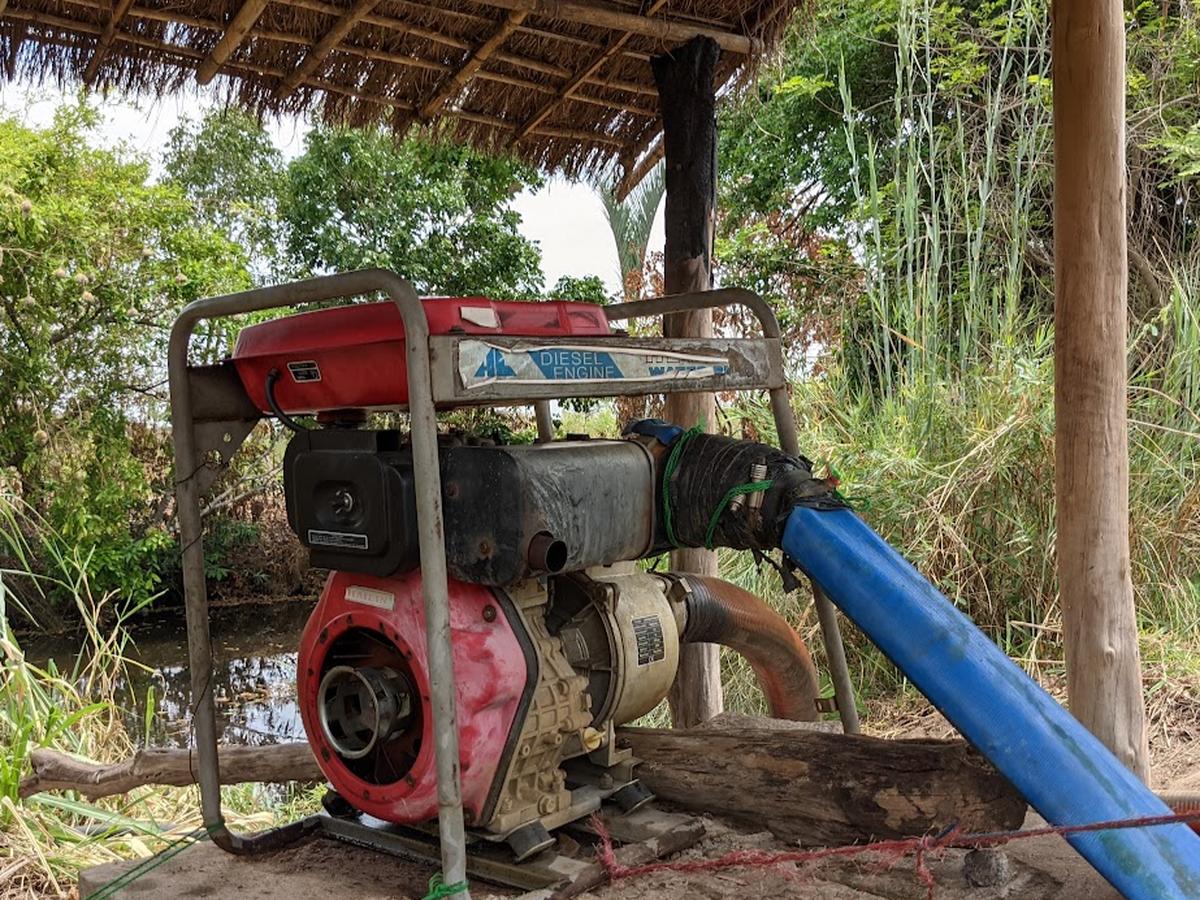I am Philippe Rufin, a scientist working in the nexus of small-scale farming and nature conservation in Mozambique in southern Africa. The tensions between farmers living in poverty and the staff of national parks are running high and successful collaboration requires a lot of sensitive communication. My dream is to use this campaign to support and empower local people with simple technical means in the name of the national park to enhance collaboration and promote nature conservation by alleviating poverty.
Over 82% of Mozambique's population lives on less than US$3 a day, making Mozambique the second poorest country in the world. On my travels in northern Mozambique, I experience the realities of life for people living in extreme poverty first hand. In most regions of rural Mozambique, access to electricity is limited, infrastructure is in a poor condition, only about one in three children attends school and there is hardly any functioning healthcare system.
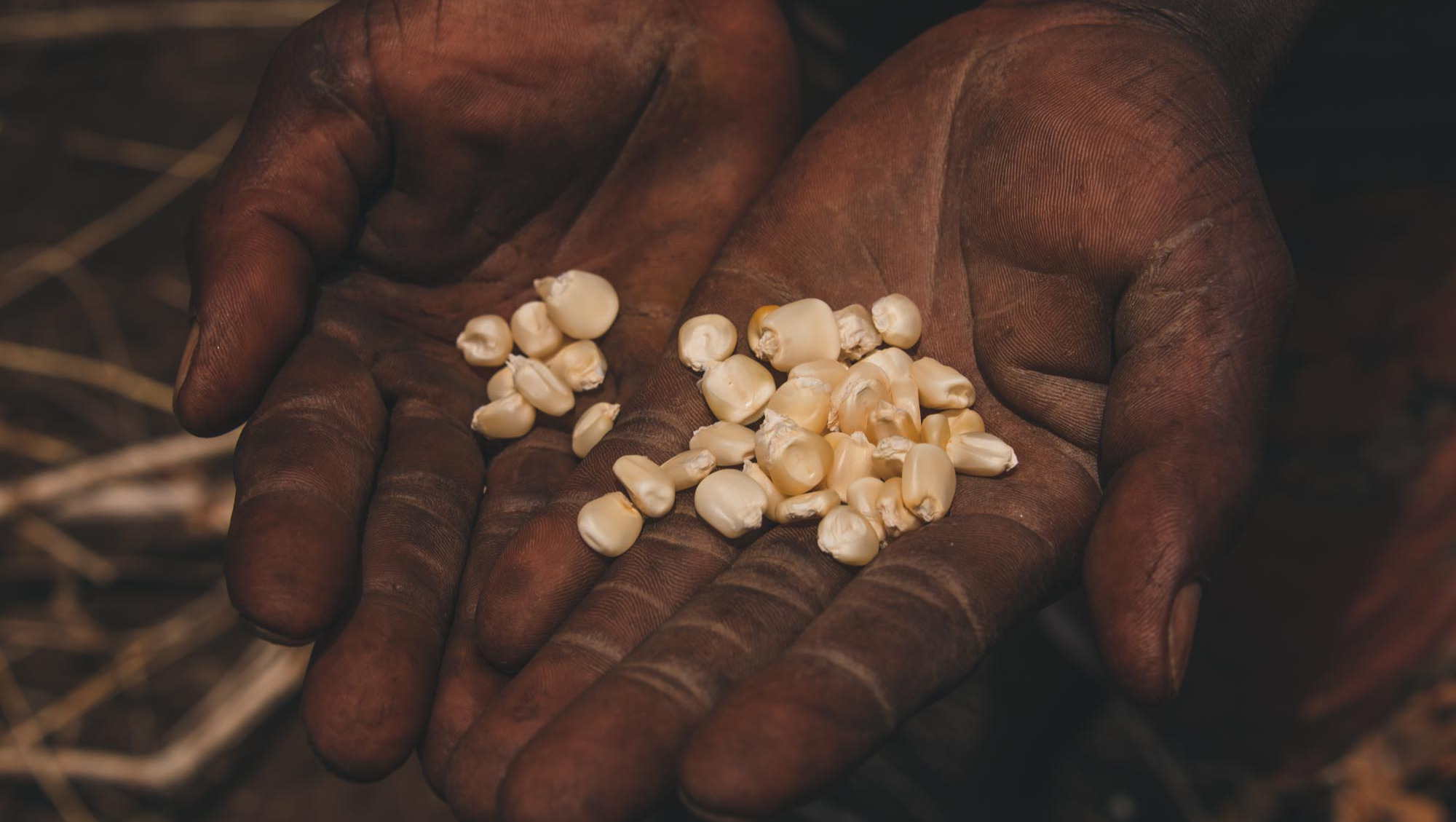
More than 85% of people in rural Mozambique depend on agriculture as a key livelihood. This means growing crops such as cassava or corn for their own subsistence, but also producing some goods for the local market (bananas, tomatoes, cucumbers). The work is very tough because there are virtually no tools (machines, fertilizers, pesticides) except muscle power, hoes, and machetes. Extreme heat and low soil productivity further complicate the work. There is no alternative - people depend on the land—the only available source of food and livelihood.
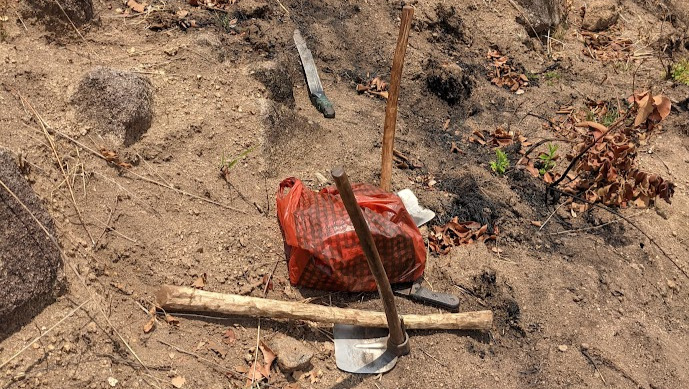
At the same time, Mozambique is home to a wide range of flora and fauna worthy of protection. Protected areas such as the Niassa Reserve (twice the size of Kruger National Park, but not half as well known), Gorongosa, Maputo, and Gilé National Parks make enormously important contributions to the protection of extensive Miombo dry forests. Elephants, hippos, buffalos, lions, kudus, gazelles, monkeys, snakes, and thousands of insect species can live here undisturbed. Protecting these ecosystems, however, can only be possible with the support of the communities living in or close to the national parks.
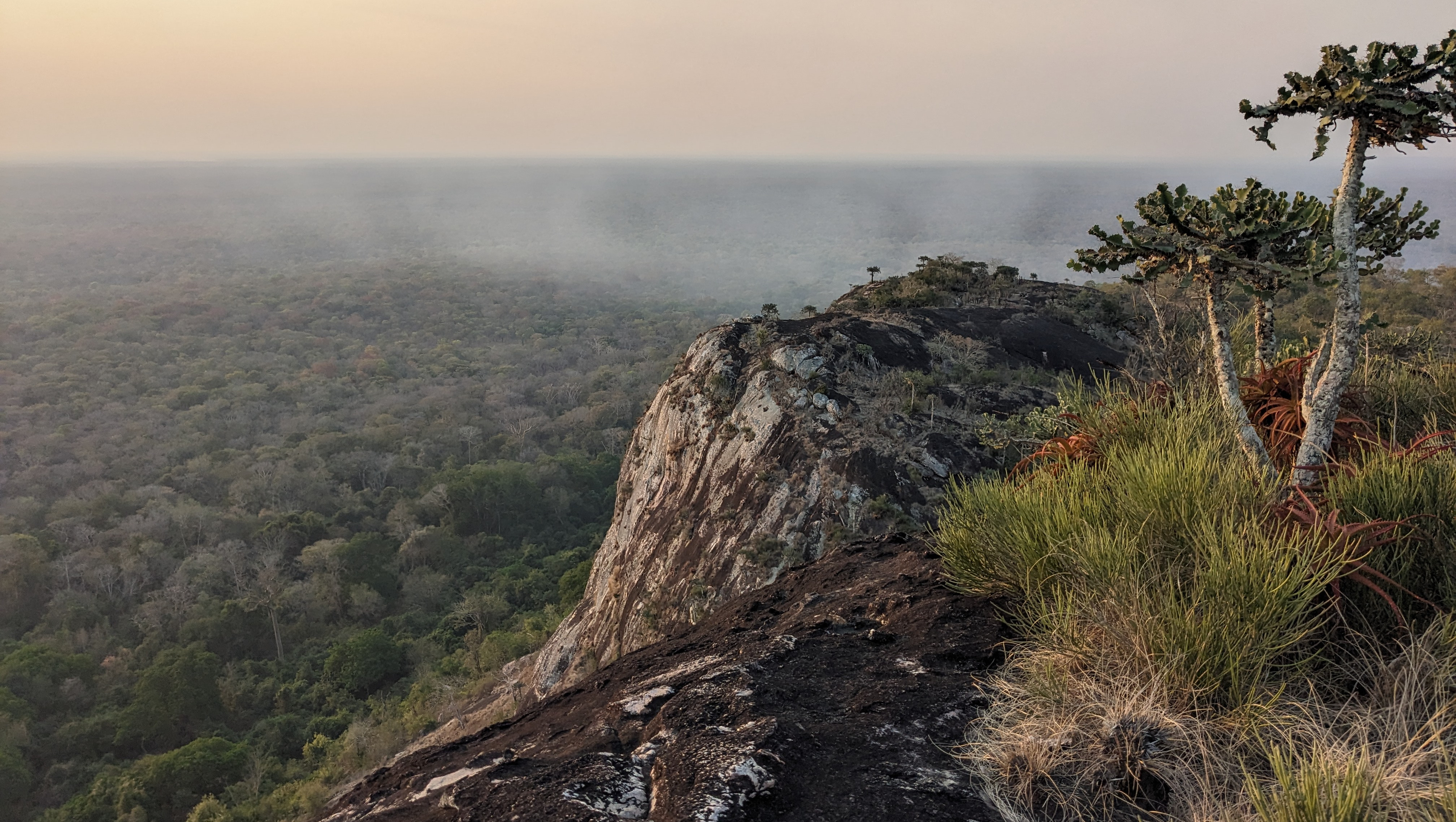
During my last trip to Mozambique, I witnessed the problem of the expansion of shifting cultivation on the border of Gilé National Park. In this traditional farming system, farmers regularly relocate their crops to new fertile soil. To do this, they clear forests and abandon their previous fields, on which natural ecosystem can regenerate over the years. In the face of population growth, pressure on protected areas is growing and there is a seemingly irresolvable conflict of interest between nature conservation and the livelihoods of the world's poorest people.
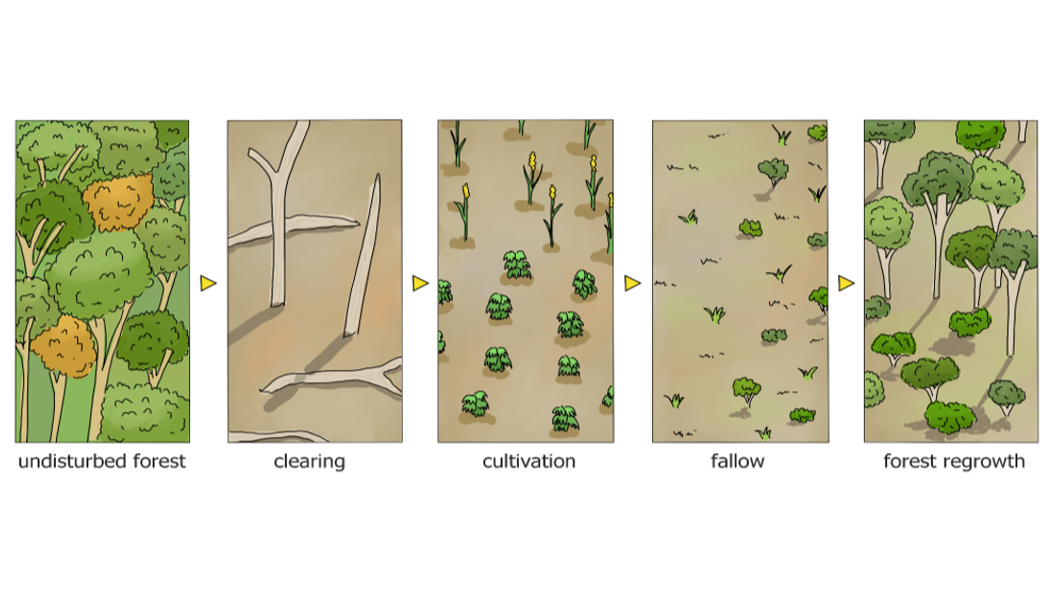
Here, I met farmers that provided their vision of a simple alternative to shifting cultivation: irrigation. Access to irrigation equipment could drastically improve their mode of production. The dependence on rain is very high in the region and prolonged droughts regularly result in yield losses. With irrigation, farmers could make their production more resilient towards the lack of precipitation during dry times. In addition, production could be diversified and crops with slightly higher water requirements (e.g., tomatoes, cabbage, beetroot, pumpkin) and higher commercial value. These could be grown and sold on the local market. Currently, fields are rarely irrigated and if so, this is another layer of manual labor. With irrigation equipment, the use of labor can also be drastically reduced and the youngest family members are more likely to have the opportunity to attend school.
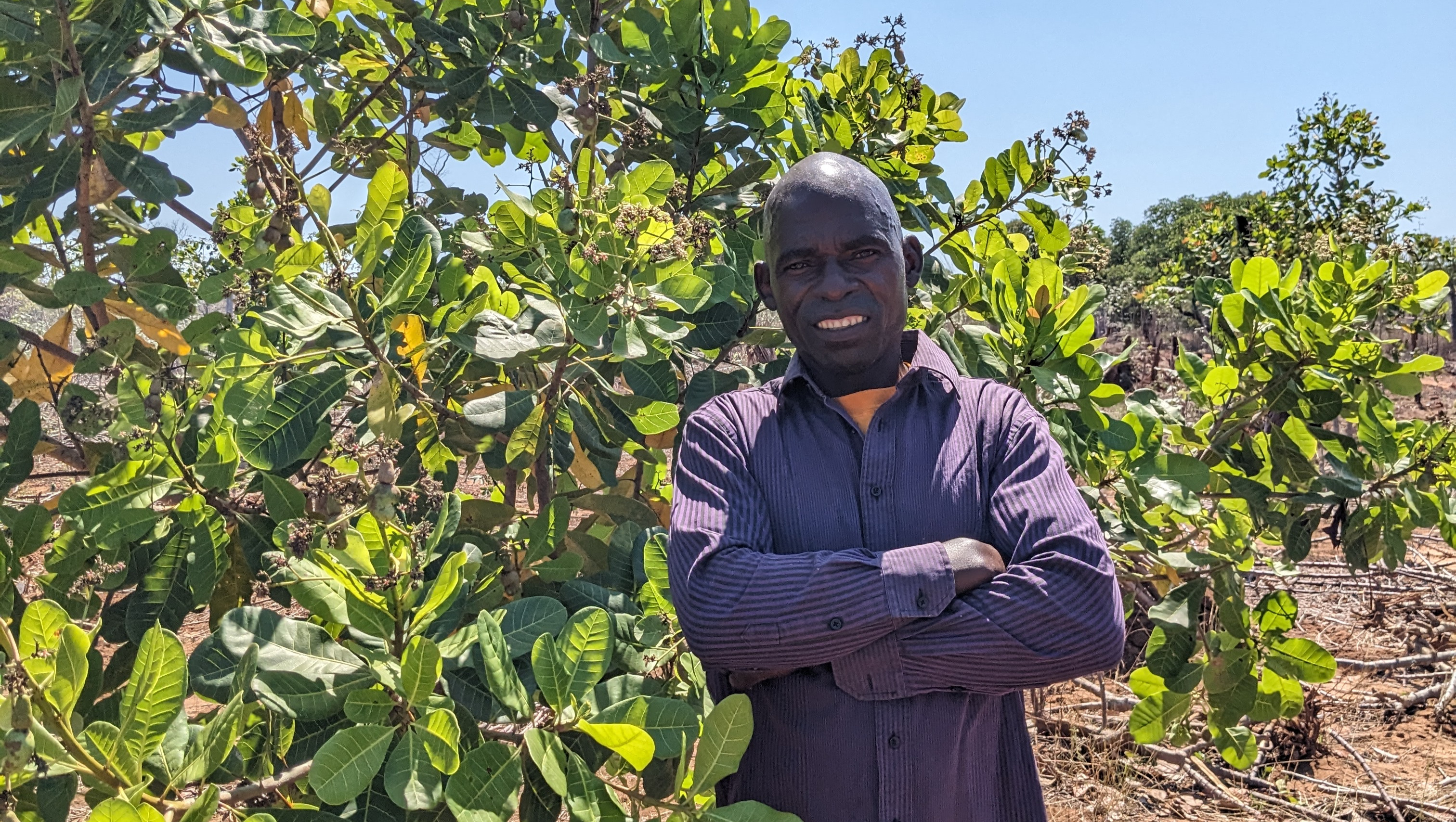
Irrigation and the resulting stabilization and increase in productivity could therefore contribute to halting the expansion of shifting cultivation. With this campaign, I want to finance an irrigation pump and the operating costs for two years for the agricultural association of the Naheche community east of Gilé National Park.
The implementation of the project will be supported by my colleagues from Gilé National Park, Mozambican university students, and the community´s agricultural institution. After successful implementation of this pilot, I will try to finance more pumps for the 29 communities around Gilé National Park via GoFundMe.
Your contribution will directly add to a positive change for the life of small-scale farmers and their families living in extreme poverty, and at the same time, contribute to protecting valuable ecosystems for future generations.
